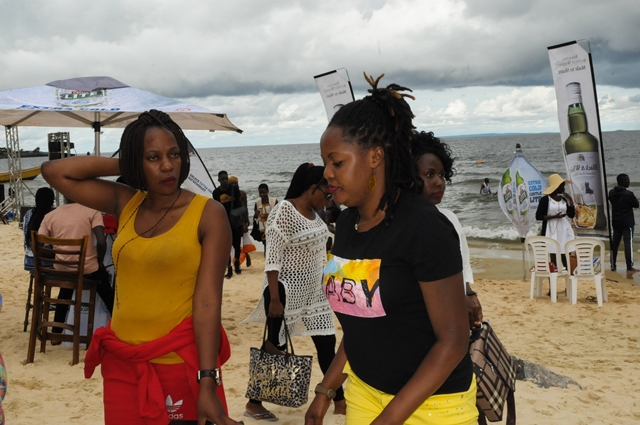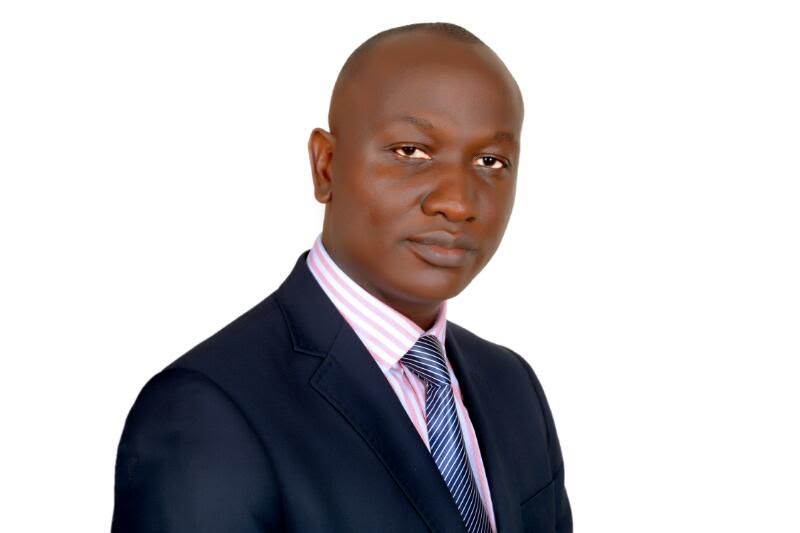Kampala; January 17, 2017 – The Up Accelerate programme selected today four (4) winning young start-up teamswhich will be supported to develop their promising ideas into transformative solutions to tackle persistent sexual and reproductive health bottlenecks in Uganda.
“We were impressed by the response and level of engagement of young people despite the complexity of the problem areas within which we wanted them to propose solutions. The amount of conversation, feedback and effort exhibited during the application period is testimony to the demand of programmes like Up Accelerate among the young people in Uganda,” said Richard Zulu, Outbox Team Lead.
Increasingly, entrepreneurship, self-employment, start-ups and other creative solutions are being recognized as avenues to address existing youth unemployment issues and to enable young Ugandans to participate in the social and economic growth of Uganda. According to the Ugandan Bureau of Statistics, over 26 million people in the country are below the age of 30 years; thus little can be achieved if the potential of young people is not harnessed.
Up Accelerate, a UK Aid-funded program launched last November, seeks to empower young micro-entrepreneurs to turn their business ideas into healthcare start-ups that address persistent sexual and reproductive health challenges. The initiative is implemented by Outbox in partnership with the United Nations Population Fund (UNFPA), and supported by the Ministry of Information and Communications Technology and National Guidance.
Investing in a healthier and more educated population and enabling young people to access opportunities for employment and entrepreneurship, will provide young Ugandans with a favourable environment to thrive in business and private life, and to make informed and safe decisions regarding their sexual and reproductive health.
A total of sixty-two (62) teams submitted their solutions to the program.Following public voting and shortlisting by an expert panel of judges, ten (10) semi-finalists were invited to present their solutions at today’s pitch day event.
The solutions presented included among others an alternative insurance scheme for deprived pregnant women to access healthcare services, a new IT-based data collection solution to improve quality of health records at facility level, and a health commodity dashboard to enable civil society organizations analyze health commodity data to support decision-making.
The four (4) winning teams, selected by a panel of 7 independent judges, are as follows:
- Snap HMIS –a mobile application that helps hospital data clerks compile health management information system (HMIS) reports accurately and in real time
- Teheca –is a mobile app that enables one to find the closest and most qualified caretaker that best suits their care needs from a pool of qualified caretakers.
- Drug Dash – an information system to help health centres and distribution centers manage essential medicines and health supplies(EMHS) stock levels through analytical dashboards that support quick decision making.
- IDrain – is an improved chest drainage system which removes the pleural effusion contents of mothers.
Speaking on behalf of the selection panel, Dr. John Okiria applauded the innovative thinking demonstrated by all the solutions presented at the pitch event:“Ï congratulate all the innovators and must say it was a task to make a selection because they were all good ideas. The panel of judges that I was a part of made informed andimpartial judgement because of the expertise we all hold. Some of the key factors we considered to make the selection of the 4 winning teams were how feasible the innovation was; how easy it would be incorporated in the current system; and was it a ready-to-be consumed product for the target market”
The four (4) selected finalist teamswill be supported with business development and mentorship, receive $10,000 USD in seed funding per team, and undergo intensive mentorship for a period of four (4) months to turn their ideas into sustainable, market ready products or services.
“UNFPA is proud to support this initiative to empower young people by giving them the information, tools, and platforms for collaboration to become even more influential, productive actors in society,” said Ms. Miranda Tabifor, UNFPA Representative, a.i.
“We applaud the finalist teams and assure them of our total support throughout the upcoming four months. We have lined up a team of experts to train and nurturethem asinnovative models to address sexual and reproductive health challenges in Uganda,” said Richard Zulu.



